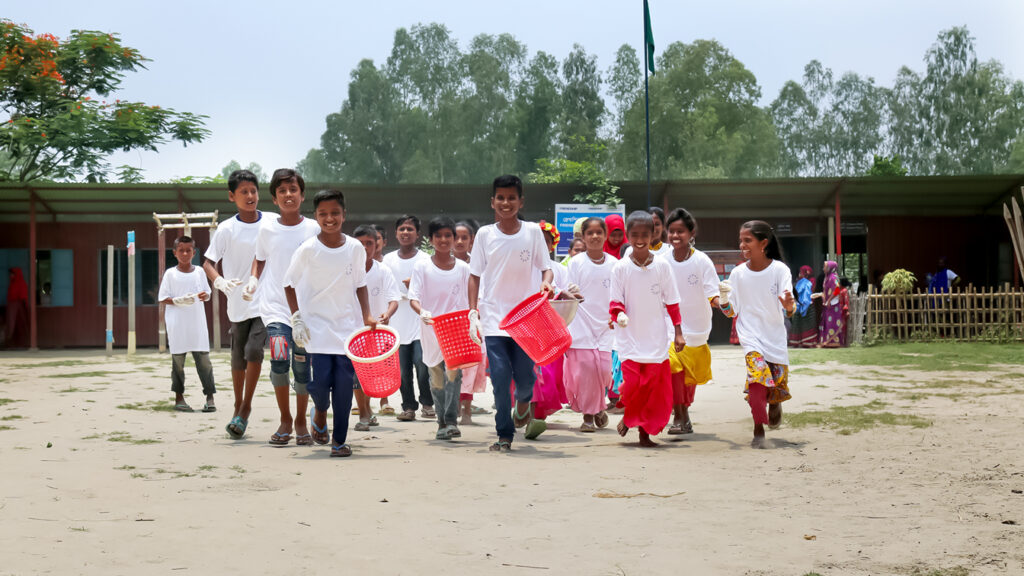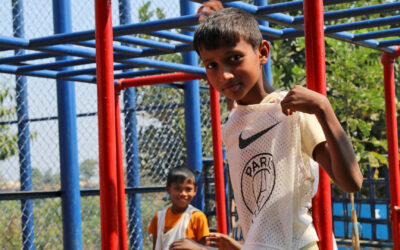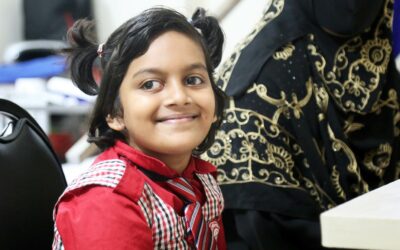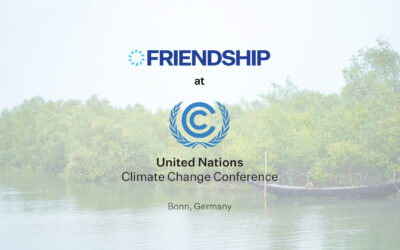Friendship organises plastic waste clean-up drive on World Environment Day to sensitise students
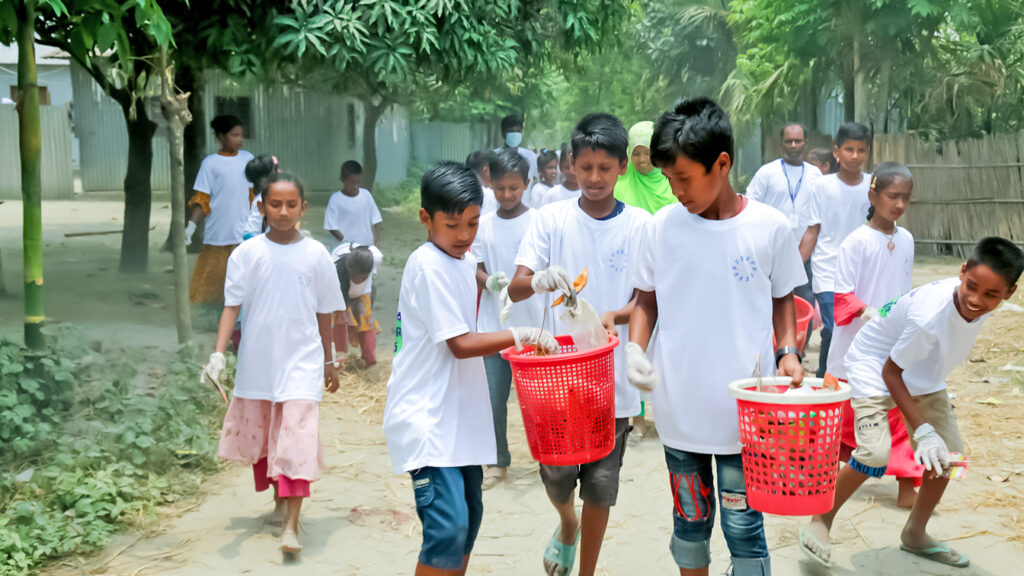
Friendship News Desk
June 5, 2023
Humans produce more than 350 million tonnes of plastic every year. Only 9 percent is recycled. Half of all plastic waste ends up in landfills, and the remaining 22 percent remains scattered in the environment—unmanaged and uncontrolled.
In the chars (river islands) of Northern Bangladesh, just about all the plastic waste falls in the latter category: spreading unmanaged in the land and the river. This is true of much of rural South Asia. Plastic waste remains in the environment for potentially as long as a millennium, slowly leaching toxic chemicals into the environment.
Recognising the scale of the environmental impact of plastic pollution, Friendship’s functions on the occasion of World Environment Day on June 5, 2023 were centred around a plastic clean-up campaign. The campaign was led by the grade 5 students from Friendship Primary School in Char Goynar Potol, Chilmari, Kurigram.

The schools and other departments mark this day annually in conjunction with the local government all over its intervention areas. The activities include tree planting, rallies, discussions, and clean-up campaigns. This year, Friendship’s Education and Climate Action sectors were involved in the observation of the day, raising awareness about the harmful effects of plastic pollution, and sensitising children on the importance of proper disposal, management, reduction, reuse and recycling.
Ilyas Iftekhar Rasul, senior director and head of Education, said of the involvement of the school in this year’s programme, “At Friendship Schools, our students observe many important days throughout the year including World Environment Day. This year on this day, they discussed climate issues, plastic pollution, waste management, and cleanliness. This I believe will help them raise awareness on reducing plastic consumption at the schools and their communities. This campaign for the proper disposal of plastic empowered our students to adapt to the behavioural change that they need to fight environmental pollution.”
However, due to the isolation of river islands—particularly those that are disconnected from the mainland, it is logistically difficult to transport waste to recycling or waste management facilities.

“It would be an unprecedented step for anyone to set up a garbage disposal system on a remote sandbar island,” said Kazi Amdadul Hoque, senior director and head of Climate Action. “However, we believe that given our deep involvement in the area, we will be able to make this happen,” he added, hopeful for the future. “The sandbar island landscape—the sandy soil and the river—support the lives and livelihoods of more than 7.5 million people. We must not allow these livelihoods to be threatened by plastic pollution. We will work together with the community, including the youth, to prevent waste through single-use plastics, and promote recycling—until the chars are free of plastic.”
Friendship’s lifestyle brand, Colours of the Chars also uses Azo-free natural dyes and sustainable for its hand-made, slow-fashion items that also encourage buyers and other producers to lean more heavily into sustainable, eco-friendly methods. They also observed the day by partnering with Re/DRESS by revealing a special line of ethically-made, sustainable clothing that is made with almost 100 percent recycled fabrics and plastic materials that are kind to the environment.
By inspiring students and children, and through them their communities as a whole, Friendship hopes to inculcate a philosophy of more conscientious use of non-biodegradable materials, awareness of the effects of their proliferation and thence be proactive and effective in their management.
